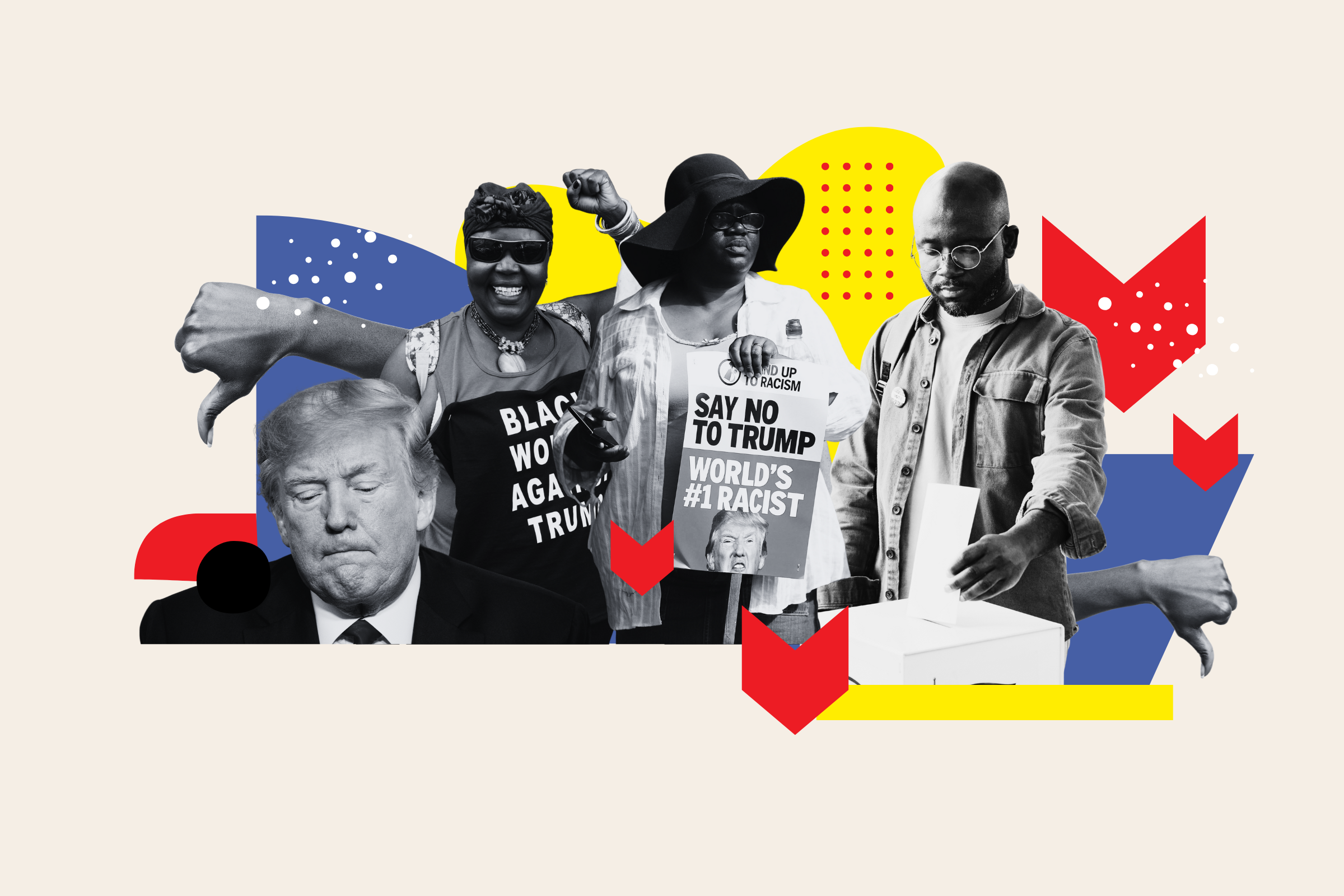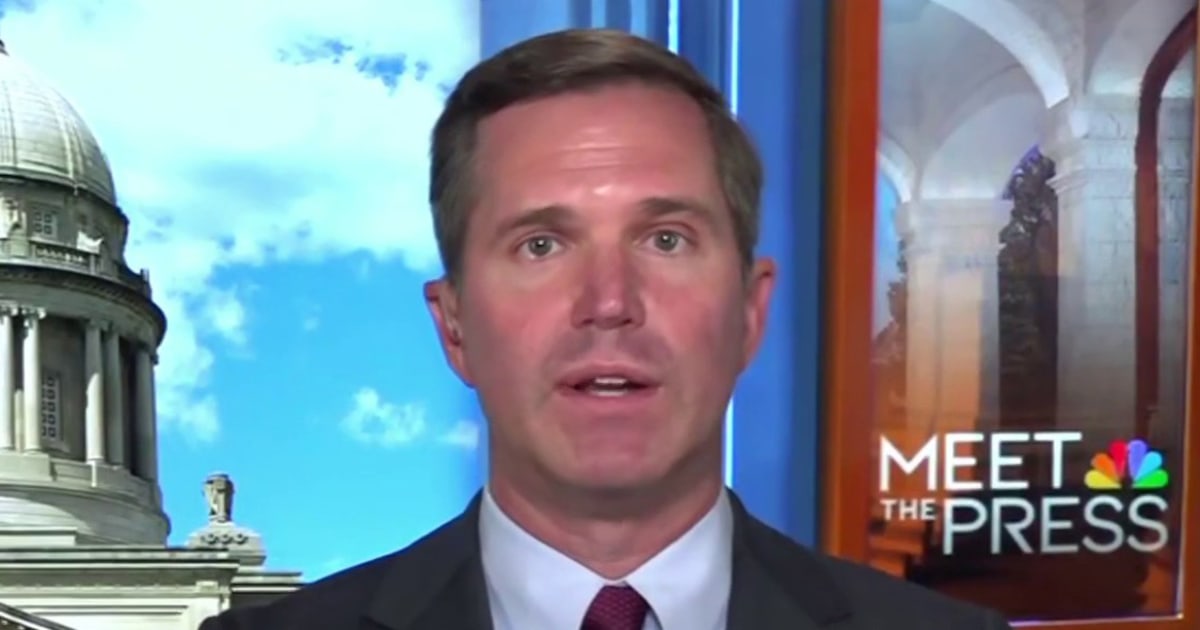Democrats, nationally and in New York City, were almost uniformly impressed with how Assemblyman Zohran Mamdani delivered a stunning primary upset against former Gov. Andrew Cuomo, zeroing in on the cost of living, creating moments that went viral, winning over young people increasingly disenchanted with the Democratic Party, and even doing surprisingly well among working-class Latino and Asian voters who shifted to Donald Trump in the 2024 presidential election.
House Democratic leader Hakeem Jeffries (N.Y.), not a man known for praising left-wing politicians, summed up the consensus in a social media post: “Assemblyman Mamdani ran a strong campaign that relentlessly focused on the economy and bringing down the high cost of living in New York City.”
Democrats had just one (often unspoken) question: Could you do it without, you know, all the socialism?
Mamdani is a member of the Democratic Socialists of America, and more generally on the far left end of the Democratic Party’s wide ideological spectrum. He supports a yearlong freeze on rent for tenants in rent-stabilized apartments, a $30 minimum wage, the elimination of bus fares, and the creation of city-owned grocery stores. In the past, he supported defunding the police, and his willingness to call Israel’s war in Gaza a genocide has been a constant source of controversy during his campaign. All of these positions might scare a less progressive electorate, to say nothing of the party’s donor class.
Zohran Mamdani speaks during his victory party in the Queens borough of New York City early Wednesday. Barry Williams/New York Daily News/Tribune News Service via Getty Images
Ultimately, enacting his agenda will require both actually winning the mayoralty in November — something he’s heavily favored to do but not guaranteed to accomplish — and earning the consent of a considerably more moderate state legislature in Albany and city council in New York. But to the extent Mamdani created a playbook for other insurgent candidates, will others need to share his ideological formation?
The answer, according to interviews with Democrats from across the aforementioned ideological spectrum: probably not exactly, but it might help. Candidates will need to be willing to get into real specifics about how their policies will help an electorate still struggling with high costs years after inflation peaked, and be willing to relentlessly focus on and prioritize those issues, even if it makes their donors uncomfortable or irritates interest groups.
“You don’t have to share that rigid ideology. But you have to give people something to vote for,” said Joe Calvello, a progressive who is a former aide to Sens. John Fetterman and Bernie Sanders. “Zohran wouldn’t have won if his platform was debt relief for Pell Grant recipients who start a business that operates for three years in disadvantaged communities.”
Moderates, at least those not in the relatively small minority trying to convince Cuomo to run in the general election, seemed to agree.
“He did not win because he is a democratic socialist,” former Rep. Max Rose (D-N.Y.) said Wednesday on CNN. Rose, a moderate who represented Staten Island, instead credited Mamdani’s focus on affordability, which he said members of the party across the ideological spectrum could copy. “I would have talked about many of those things like free transportation, universal child care. These are things that can certainly unite the national party.”
Nonetheless, among the relatively short list of Democrats who have managed to catch fire online and off — then-Rep. Beto O’Rourke and now-Rep. Alexandria Ocasio-Cortez in 2018, Sen. Elizabeth Warren and Pete Buttigieg at different points in the 2020 presidential primary, Sanders in 2016 and 2020 — the left wing of the party at least seems overrepresented.
During an appearance on MSNBC, Mamdani did not focus on socialism or ideology when discussing his win. While he credited Sanders and Ocasio-Cortez for their endorsements, he mostly focused on how his postelection conversations with Democratic voters who backed Trump in New York City led him to focus on economics to the exclusion of almost every other issue.
“One of the hopes that we had from the very beginning of this campaign was to move our political instinct from lecturing to listening,” he told former White House press secretary Jen Psaki. “Too often in politics, there’s a desire to impose what you think the debate is upon the people that you are seeking to represent.”
He went on to say he thought other politicians could follow his lead, but did not zero in on policy specifics: “Ultimately, this is a campaign about inequality. And you don’t have to live in the most expensive city in the country to have experienced that inequality, because it’s a national issue. And what Americans coast to coast are looking for are people who will fight for them.”
But Mamdani’s focus on making New York City a more affordable place to live is not the only thing some Democrats hope to imitate. The candidate himself became a social media icon in the final days and weeks of the race, both because of campaign-made videos (like one where he complains about the price of halal cart meals) and because of memes made by his supporters. And it’s possible a non-socialist’s meme army would be less skilled.
“The challenge may be that you need the ideology to get the best meme-ers on your side,” said one Democratic strategist focused on youth voters who was granted anonymity because he is not authorized to speak publicly. “The fact that the best cultural influencers on the left are actually pretty ideological matters.”
Caitlin Legacki, a moderate Democratic strategist, said a major lesson from the primary is to give candidates the permission to take risks and try new things, so they have the chances to find their halal cart video or march across Manhattan. “If you take more shots, then each miss matters less. We have to let our candidates take more shots,” she said.
But she also made clear the party cannot run socialists across the political map: “You won a primary in the most liberal city in America. That’s not translatable to anything. You can’t just put that in Michigan or Missouri.”











:max_bytes(150000):strip_icc()/rosie-odonnell-donald-trump-071225-d5a1ccc9ca444ae5a07f7e00241d11e0.jpg)

